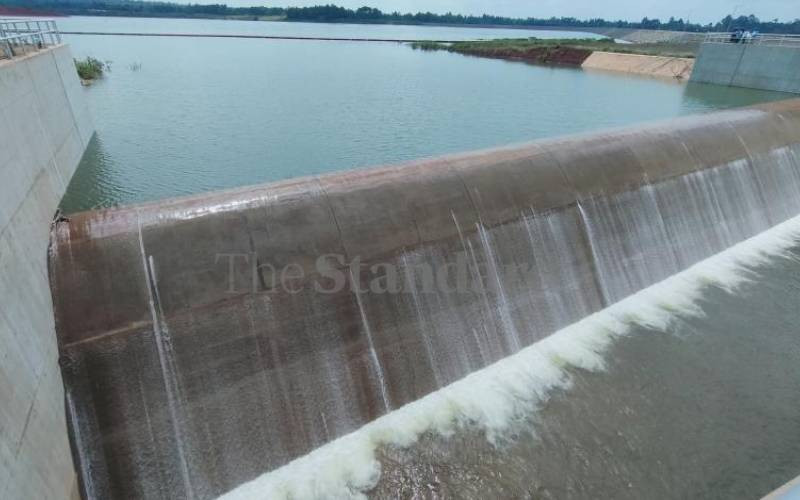×
The Standard e-Paper
Fearless, Trusted News

The Sh7.8 billion Thiba Dam in Gichugu Constituency, Kirinyaga County, has now been filled to full capacity.
The dam at Rukenya finally attained its full capacity of 15.6 cubic metres in the exercise that started in May.